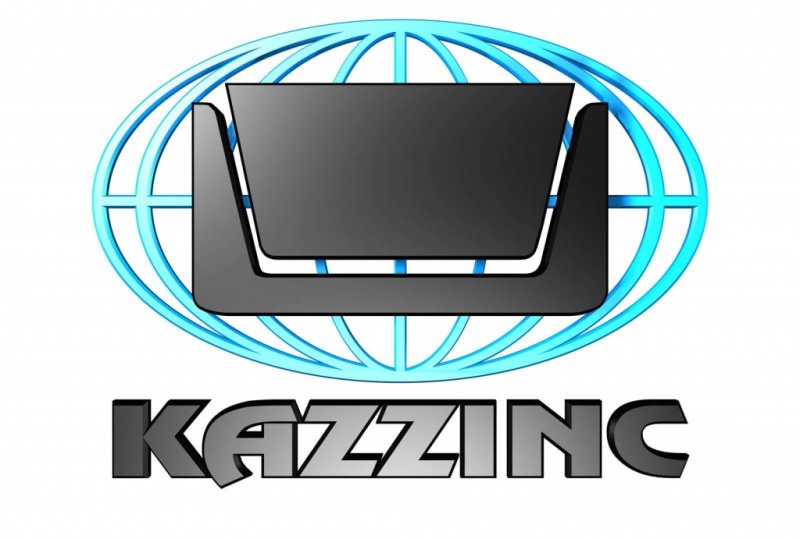ASTANA – Kazakhstan’s switch to a free-floating exchange rate – and, thus, a weaker tenge – will help Kazakh companies stay competitive against Russia and China, the nation’s biggest trading partners, exporters say.
 Kazzinc sustainable development director Andrey Lazarev is fully supportive of the new monetary policy, based on targeting inflation. He noted the decision by the government and National Bank was absolutely timely and a highly efficient anti-crisis measure in the current situation of the world economy.
Kazzinc sustainable development director Andrey Lazarev is fully supportive of the new monetary policy, based on targeting inflation. He noted the decision by the government and National Bank was absolutely timely and a highly efficient anti-crisis measure in the current situation of the world economy.
“The old monetary policy with the present-day situation in the world economy would create an uneven playing field for Kazakhstan’s exporters, and foreign producers would get more beneficial conditions because of the devaluation of their national currencies. Kazakhstan’s export-oriented companies have gone all out in support of this economic measure, because it provides equality of conditions. The competitiveness of Kazakhstan’s products and proceeds from sales in foreign market has increased,” he said in a Nov. 6 interview.
Lazarev used Kazzincmash, one of Kazzinc’s subsidiaries, as a model.
“The company produces special equipment and spare parts, and as of today it is a profitable company. First of all, it is connected by business competition with Russian companies. The products of Kazzincmash were very competitive before the drop in the exchange rate of the ruble in the domestic market and foreign markets. But after the drop in the exchange rate of the ruble, Kazzincmash products were no longer competitive at all and Russian producers increased the sales of their own products,” he said.
The director added that the new currency rate enabled his company to regain its position in the market.
“We are optimistic and hope to get new positions. I can say that the new monetary policy helps Kazzinс to save our production and face all challenges with fewer losses than there could have been. But current economic conditions force Kazzinc to cut costs. The saving has not had an impact on present production activity, safety technology, environment protection and staff salaries,” he said.
The collapse in prices for products manufactured by Kazzinc happened recently and the company has changed its plans for 2016, working on different adaptation measures and trying to ride the storm to maximum effect. The company’s subdivisions analysed all factors which have an impact on income and the prime cost of its own goods.
Lazarev feels inflation targeting will encourage local producers to increase production volumes and extend their own production capacities, which will lead to a saving or increase in jobs, tax revenue growth and, of course, development of the domestic industry field.
“Of course, it doesn’t mean that everything will be easy and clear, but it is the best case scenario. ‘Weak’ companies or companies which don’t plan their own activity will face big challenges in such conditions, but I consider that such conditions are a good driver for growth and development. Observing financial discipline, monitoring and close control of expenses and working on profit increase will enable them to develop and increase their efficiency. The really major and competitive companies are distinguished by their ability to plan their own activity for many years to come, and highly-efficient management,” he said.
Kazzinc is a fully-integrated zinc producer with considerable copper, precious metals and lead credits. The company’s core operations are in Kazakhstan, most notably in the East Kazakhstan region. Established in 1997, the controlling block of stock was sold to the private sector and Glencore International AG, the company’s main investor. Kazzinc has significantly increased production capacity and output, seeking to have a stable position among the world’s five lowest-cost zinc producers, according to kazzinc.kz.


